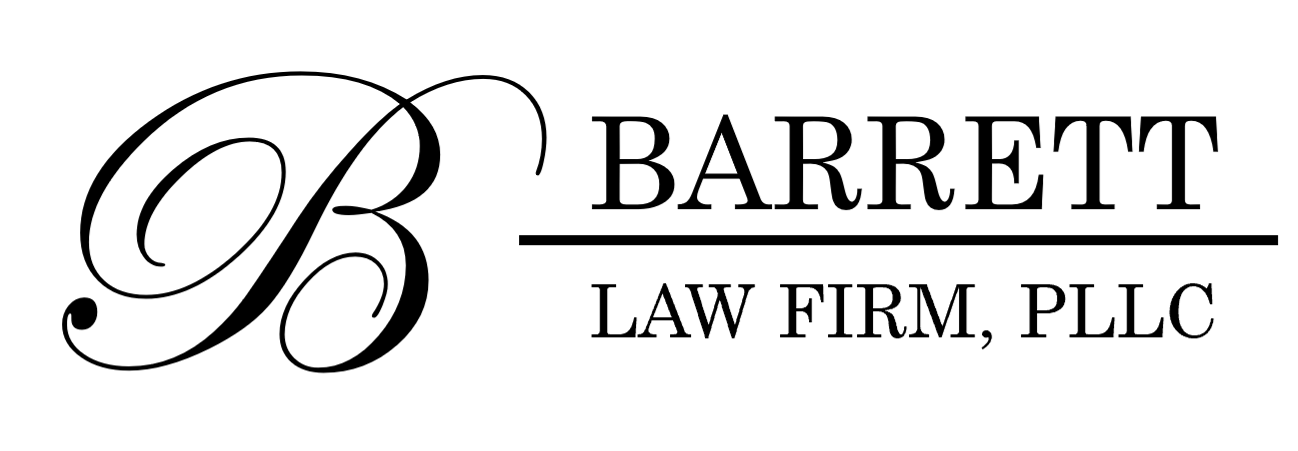service
Estate Planning
Nobody is eager to think about the end of their life, but planning for the inevitable is an important part of caring for your loved ones. Proactive and strategic estate planning can help your loved ones avoid a great deal of hassle and hardship once you are gone. A comprehensive estate plan will also prepare you for incapacity and protect you in situations where you become unable to communicate.
No matter the technique of estate planning you choose to use, Barrett Law Firm addresses these four primary areas of planning: Tax and Asset Conservation Planning, Lifetime Considerations, Providing for Obligations, and Disposition of Property at Death.
1. Tax and Asset conservation Planning: Proper planning includes taking steps to reduce unnecessary losses in the amount of property going to one's family or other beneficiaries. This can mean proper structuring of transfers to those beneficiaries, or, in the remarkably few instances where an individual actually has estate or other death tax concerns, then proper tax planning is essential to avoid paying unnecessary taxes.
2. Lifetime Considerations: One of the most important parts of estate planning deals with considerations of management of one's property during their lifetime, not only its disposition at death. Examples of this type of planning would be powers of attorney, which permit others to manage your property or personal affairs for you, if you are disabled or otherwise unable to do this on your own. Other examples would be simple forms of creditor protection planning, shifting income within a family, or Medicaid or other government program planning whereby qualification for various programs is assured while protecting one's other assets.
3. Providing for Obligations: To the extent liquidity is necessary at death, whether for payment of taxes, purchasing the decedent's interest in a business, providing for support of dependents or any other similar obligations, then arrangements must be made, whether through the use of insurance, liquidation of assets or other means, to meet those obligations. Planning ahead reduces the stress of these situations on your loved ones.
4. Disposition of Property at Death: Your estate plan will govern the ultimate disposition of property at death. Done correctly, it will not only dispose of property to the proper beneficiaries, but it can also protect that property from a particular beneficiary's inability to manage it, whether by reason of age, disability or simple recklessness.
As you and your family prepare for what is to come, you need a reliable, informed and compassionate law firm by your side. Call Barrett Law Firm and we will carefully listen to your concerns and provide you with individualized strategies designed to meet your specific goals.
Let's Get Started
No matter the technique of estate planning you choose to use, Barrett Law Firm addresses these four primary areas of planning: Tax and Asset Conservation Planning, Lifetime Considerations, Providing for Obligations, and Disposition of Property at Death.
1. Tax and Asset conservation Planning: Proper planning includes taking steps to reduce unnecessary losses in the amount of property going to one's family or other beneficiaries. This can mean proper structuring of transfers to those beneficiaries, or, in the remarkably few instances where an individual actually has estate or other death tax concerns, then proper tax planning is essential to avoid paying unnecessary taxes.
2. Lifetime Considerations: One of the most important parts of estate planning deals with considerations of management of one's property during their lifetime, not only its disposition at death. Examples of this type of planning would be powers of attorney, which permit others to manage your property or personal affairs for you, if you are disabled or otherwise unable to do this on your own. Other examples would be simple forms of creditor protection planning, shifting income within a family, or Medicaid or other government program planning whereby qualification for various programs is assured while protecting one's other assets.
3. Providing for Obligations: To the extent liquidity is necessary at death, whether for payment of taxes, purchasing the decedent's interest in a business, providing for support of dependents or any other similar obligations, then arrangements must be made, whether through the use of insurance, liquidation of assets or other means, to meet those obligations. Planning ahead reduces the stress of these situations on your loved ones.
4. Disposition of Property at Death: Your estate plan will govern the ultimate disposition of property at death. Done correctly, it will not only dispose of property to the proper beneficiaries, but it can also protect that property from a particular beneficiary's inability to manage it, whether by reason of age, disability or simple recklessness.
As you and your family prepare for what is to come, you need a reliable, informed and compassionate law firm by your side. Call Barrett Law Firm and we will carefully listen to your concerns and provide you with individualized strategies designed to meet your specific goals.
Schedule an Initial Consultation Now
Contact our office today to schedule your consultation.
Our firm is open weekly 9am-5pm.
Contact Us
Thank you for contacting us.
We will get back to you as soon as possible.
We will get back to you as soon as possible.
Oops, there was an error sending your message.
Please try again later.
Please try again later.
Attorney - Bozeman MT
CONTACT US
kcbarrett@barrettlawmt.com
© 2024
All Rights Reserved | Barrett Law Firm
VISIT US

